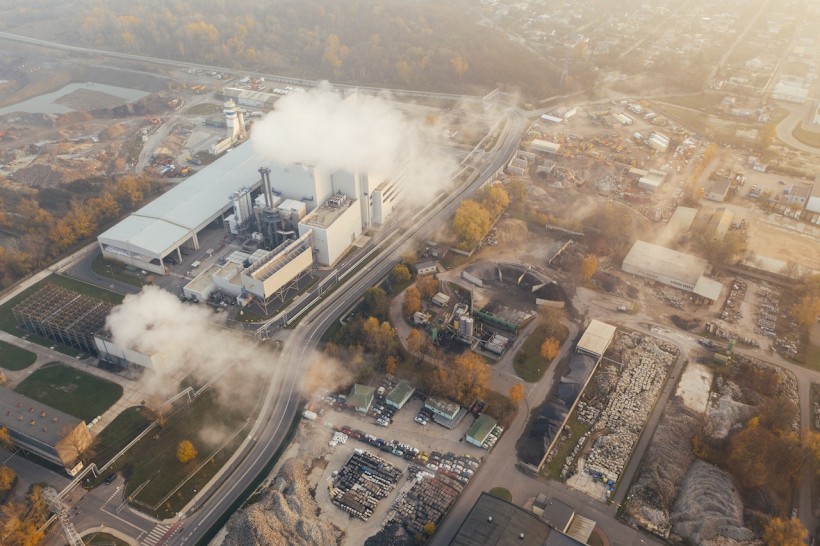While those who live in the countryside may think that they are safe from the health dangers of air pollution, a new study has discovered that just meager short-term exposure, as little as five days, to air pollution could increase stroke risk.

Five-Day Air Pollution Exposure Could Boost Stroke Risk
Among the many threats to cardiovascular health, air pollution is steadily becoming a top-notcher, accounting for around 17% of global stroke cases. Though earlier studies have seen the link between stroke risk and long-term exposure to air pollution, examining this link and its effects in the short term has not been thoroughly conducted.
Now, a recent study focused on how short-term air pollution exposure could affect the health of humans. Ahmad Toubasi, an author of the study, explains that they looked into 18,035,408 ischemic stroke cases from 110 global observational studies. Doing so enabled them to find that air pollution is linked to a higher risk of ischemic stroke and mortality.
The researchers examined the risks linked to various pollutants, including nitrogen dioxide, carbon monoxide, and ozone. They also looked into different particulate matter sizes that can be seen in air pollution.
Generally, the findings revealed that just five days of air pollution exposure could significantly affect one's risk of developing stroke. This means that a simple and short vacation to a highly polluted area has health implications. However, the mechanisms could vary depending on location due to the different effects of pollutants.
Nevertheless, these effects include blood vessel lining damage, blood clotting risk increase, and blood pressure increases. All of these could affect the flow of blood towards the brain and, thus, boost stroke risk.
Whether this heightened risk of stroke is temporary or permanent remains unclear. Further studies must also be conducted to see if these effects can be reversed.
ALSO READ: Activated Charcoal Can Be Used to Treat Injuries, Stroke & Coronavirus
Air Pollution
Nevertheless, the study stresses the need to combat air pollution and have global initiatives implemented worldwide. Having these could affect the number of stroke cases and their consequences.
In 2019, ambient, or outdoor, air pollution in rural and urban areas was estimated to account for 4.2 million premature global deaths. This is due to fine particulate matter exposure, which may lead to respiratory and cardiovascular conditionandas cancer.
Air pollution is also considered the second top risk factor for non-communicable diseases. With this, addressing the matter is crucial to public health.
RELATED ARTICLE: Long-Term Air Pollution Exposure Effects on Physical Health Identified, Is It Really Risky?
Check out more news and information on Medicine & Health in Science Times.














